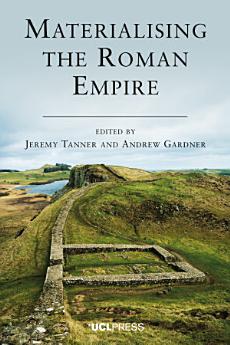Materialising the Roman Empire
關於這本電子書
Each chapter offers a critical overview of a major field within the archaeology of the Roman Empire. The book’s authors explore the distinctive contribution that archaeology and the study of material culture can make to our understanding of the key institutions and fields of activity in the Roman Empire. The initial chapters address major technologies which, at first glance, appear to be mechanisms of integration across the Roman Empire: roads, writing and coinage. The focus then shifts to analysis of key social structures oriented around material forms and activities found all over the Roman world, such as trade, urbanism, slavery, craft production and frontiers. Finally, the book extends to more abstract dimensions of the Roman world: art, empire, religion and ideology, in which the significant themes remain the dynamics of power and influence. The whole builds towards a broad exploration of the nature of imperial power and the inter-connections that stimulated new community identities and created new social divisions.
關於作者
Jeremy Tanner is Professor of Classical and Comparative Art at the UCL Institute of Archaeology.
Andrew Gardner is Professor of the Archaeology of the Roman Empire at the UCL Institute of Archaeology.




